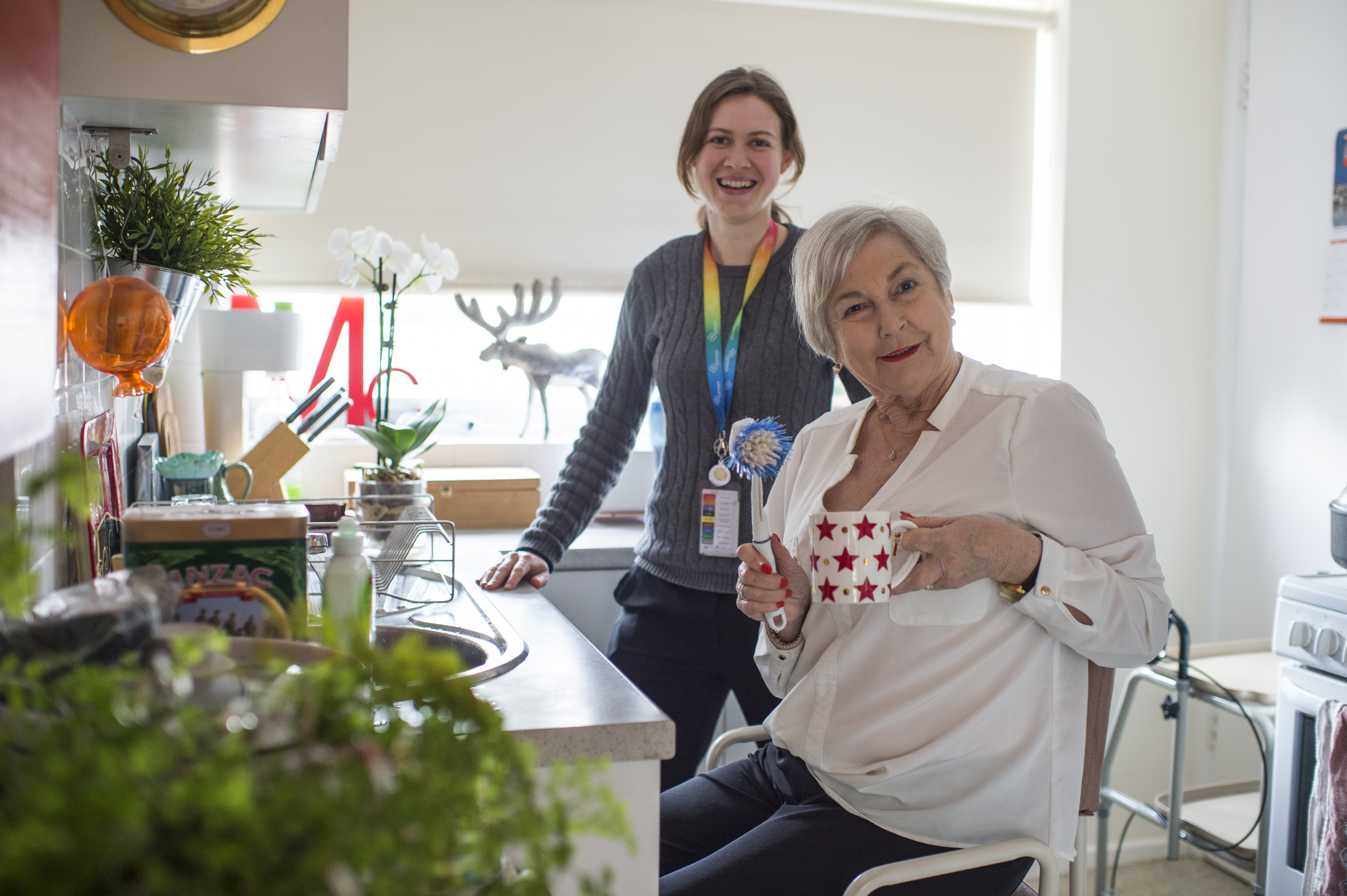Select from the following services

Ever forgotten names, misplaced keys or found yourself standing in the kitchen wondering what you went in for?
Although memory lapses are frustrating, we all have them from time to time. And most of the time they’re no cause for concern.
However as you age, it’s important to be able to identify the difference between normal age-related memory changes and symptoms that may indicate more serious conditions, such as dementia.
So what memory changes are normal?
As you grow older, you may find that you are not as ‘quick’ as you used to be, or that it takes longer to learn and recall information. Though frustrating, this ‘slow down’ doesn’t affect your ability to complete day-to-day tasks, and is pretty normal.
What do I need to look out for?
Changes that affect family and social relationships or disrupt your ability to complete your work, hobbies or tasks may indicate something more serious. These memory changes may include forgetting how to do things you have done many times (dressing yourself appropriately, paying bills), getting lost in familiar places, or repeating phrases or conversations many times.
The good news is, it’s never too late to start looking after your brain health. These 5 tips will help to keep your brain in peak condition:
1. Look after your heart
Research shows that poor management of conditions that affect your heart health (diabetes, high cholesterol or high blood pressure) can damage the blood vessels in the brain and increase your risk of dementia. Fortunately, many of these conditions are easy to identify and treat. Make sure you book in regular health checks with your GP and/or health professionals.
2. Be physically active
There’s strong evidence that regular physical activity is associated with better physical and mental health. But did you know that regular exercise is also associated with reduced risk of cognitive decline and dementia? Aim for a combination of aerobic exercise (that gets your heart rate up) and strength training for 20 minutes a day.
3. Use it or lose it – mentally challenge your brain
The brain loves learning new things. A new challenge forces your brain to make new connections, strengthening it and helping it to function better. So try learning a new language, take up a new sport or hobby, or do that course you’ve always fancied.
4. Follow a healthy diet
You get out what you put in, and that goes for your brain too. Help your brain function well by putting it on a healthy, balanced diet that includes fresh vegetables, fruit, fish, grains, nuts, legumes (beans, peas and lentils), and lean meat. A dietitian or nutritionist can help tailor a plan that suits you.
5. Enjoy social activity
Countless studies have shown that maintaining meaningful friendships and relationships help our brains stay happy and healthy. A good social network provides intellectual stimulation, support and can even combat depression. If you’re not sure where to start, why not volunteer, grab lunch with an old friend or join a social club? Your brain, body and community will thank you for it.
A youth mental health initiative developed with students during Victoria’s lockdowns, is hoped to help reduce the stigma surrounding mental health issues and encourage teens to seek help early.
Read MoreOur Health Promotion team is supporting early learning centers through the Achievement Program, an initiative that helps services create a healthier environment for their students, staff and families.
Read MoreThis Children’s Week, we asked our paediatric team to share some of their favourite activities for kids that embrace the importance of play for a healthy lifestyle.
Read More
Speech pathologists provide assessment and management of communication, swallowing and feeding difficulties.
Read More
We have been offering safe and quality door-to-door transport options to our community since 1975.
Read More
We provide Occupational Therapy to help children, adults and those experiencing mental health issues, to achieve their full potential.
Read MoreSelect from the following services